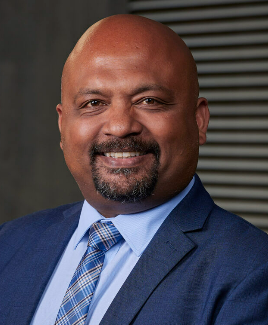Teachers in NSW have accepted an agreement from government that grants them pay increases and improved conditions.
The award deal – which received a positive vote this week – means the state’s 95,000 public school teacher workforce will receive a 3% pay increase annually for the next three years with additional 0.5% super increases this year and next.
To protect against high inflation, the deal also allows for annual $1,000 cost-of-living adjustments if inflation exceeds 4.5%.

“It ensures our pay keeps pace with inflation while remaining competitive with other jurisdictions – critical factors in attracting and retaining the teachers our students need,” NSW Teachers Federation president Henry Rajendra said.
The agreement also delivers significant improvements to working conditions – including additional school development days from 2025, a new consultation framework for teachers’ work, and changes to assessment and professional learning practices, amongst other measures.
In what the union describes as a “transformational shift of culture and employment practices”, new flexible working arrangements – which include opportunities for job-sharing and working part-time – will offer improved support for teachers throughout their careers, particularly benefiting the profession’s 80% female workforce.

“Offering better conditions and work-life balance will help us attract new teachers and ensure those already teaching will stay on board,” minister for education Prue Car said.
A flexible workplace “respects the gendered nature of the teaching profession by delivering on working conditions which address the gender pay gap and value the multiplicity of work, family and care responsibilities our members undertake”, Rajendra said.
The award agreement follows last year’s four-year pay deal which saw starting salaries lift and increases for top-tier teachers.
“Since coming to government, we have been clear in our view that pay is a function of respect and I am pleased to see teachers continue to benefit from our once-in-a-generation pay agreement,” Car said.

Minister for industrial relations Sophie Cotsis added: “It recognises not only the important work our educators provide but acknowledges and rewards their efforts and, at the same time, helps address the teacher shortage crisis.”
However, Rajendra emphasised that securing the teachers needed for every classroom in NSW requires the federal government closing the $1.9 billion annual funding gap facing public schools.
“When some private schools receive over $6,000 more per student in government funding than public schools, it’s clear the system remains lopsided,” he said. “The prime minister must step up and deliver the funding our schools urgently need. Our children’s future depends on it.”




Leave a Reply